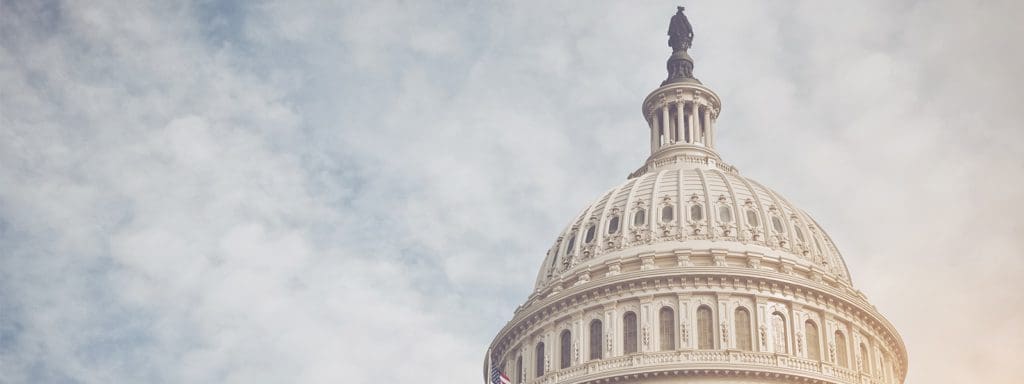On April 9, the House of Representatives passed legislation that included instituting mandatory electronic filing of Form 990s for all tax-exempt organizations. The provision is a part of the Taxpayer First Act (H.R. 1957), sponsored by Rep. John Lewis (D-GA) and Rep. Mike Kelly (R-PA), which aims to modernize and refine processes to make the IRS more efficient. Despite uneasiness early in the week from some progressive legislators, the legislation ultimately passed by simple voice vote and continues on to the U.S. Senate.
Nonprofit Impact
One of the key components of the bill impacting the nonprofit sector is the aforementioned Form 990 electronical filing requirement, making the returns available for public inspection. This eliminates the threshold that requires only exempt organizations with assets over $10 million to file electronically. Independent Sector has long supported the adoption of mandatory e-filing for 990 returns as a means to improve reporting, research, transparency, and accountability for tax-exempt organizations.
Mandatory electronic filing is a policy proposal supported by experts from across the sector. A 2013 report from Urban Institute says, “The IRS Form 990 series provides critical transparency and accountability for the nonprofit sector and is the primary source for basic information on the nonprofit sector taken as a whole… [Mandating electronic filing] would provide comprehensive data on the sector to the public more quickly and accurately.” In 2015, the IRS Advisory Committee on Tax Exempt and Government Entities presented a survey that found less than 2 percent of organizations that file 990s each year by mail would view mandatory electronic filing as a burden. Organizations that prefer to file by mail assert that the paper form allows them to report more complete and accurate information than electronic filing. Like it did in in 2008, the sector can advocate for the IRS to address these shortcomings and other needed updates to the electronic filing system for Form 990.
Another provision in the bill requires the IRS to notify a nonprofit organization after the second year it fails to file a required annual information return (Form 990). The goal is to ensure nonprofits are aware of their obligation to file and have sufficient time to submit an information return to prevent the revocation of their tax-exempt status.
The Volunteer Income Tax Assistance program (VITA) will also gain more secure funding under the bill. VITA offers free tax return filing assistance to low-income populations, persons with disabilities, taxpayers with limited English proficiency, and other underserved communities. These services are presently available through IRS certified volunteer organizations across the country, many of which are nonprofits. Currently the IRS awards matching grants to some of these nonprofit organizations, however, the bill will provide permanent matching grants to organizations that support VITA programs.
Individual Impact
The bill also includes reforms designed to help low- and moderate-income taxpayers. The Free File program, which offers free online tax filing to people whose incomes fall in the bottom 70 percent, will be codified in the tax code.
The legislation also creates a low-income exemption for taxpayers who are below 250 percent of the federal poverty level to prevent referrals to private collections agencies and requires the IRS to develop “robust and secure online accounts” for taxpayers and their preparers by 2023.
Independent Sector will continue to monitor the Taxpayer First Act and share developments as they become available. If you have any questions, please let us know in the comments below.



